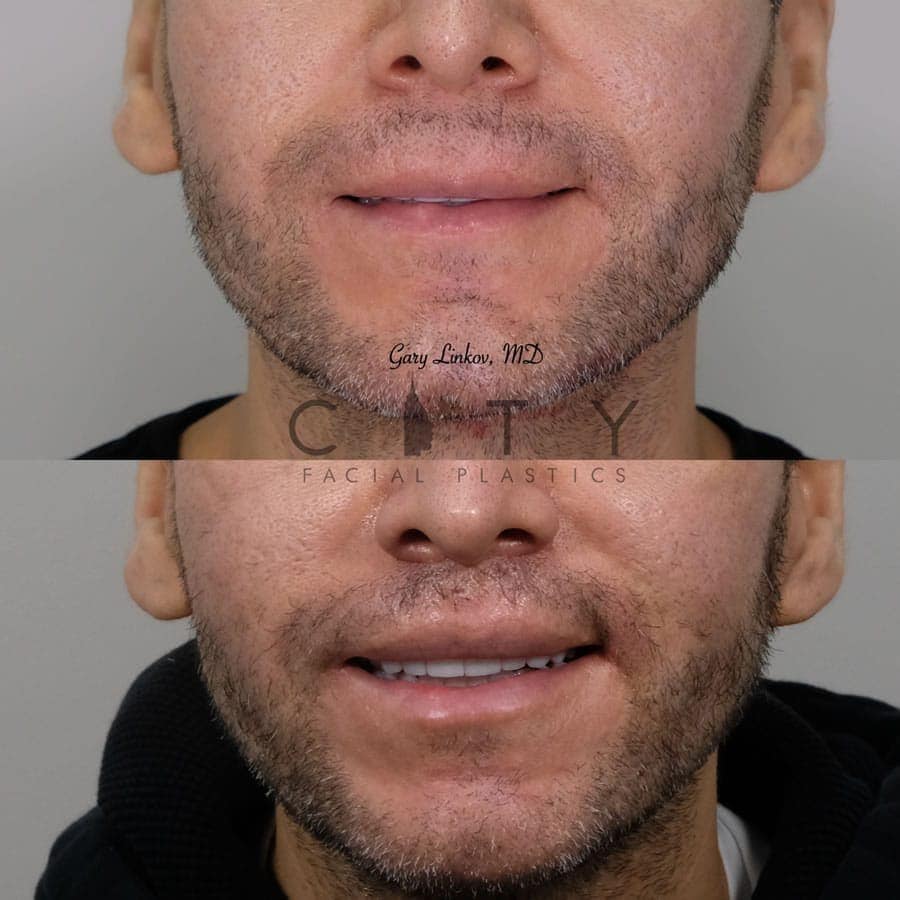A Deep Dive Into the Usual Justifications for Looking For Cosmetic Surgery: Unloading the Wish for Change and Self-Improvement
The motivations behind the pursuit of cosmetic surgical procedure expand beyond simple aesthetic enhancement, reflecting a nuanced interaction of societal expectations, personal desires, and psychological variables. This evaluation prompts critical concerns concerning the moral ramifications and future trajectories of cosmetic procedures, welcoming additional expedition into the intricacies of self-improvement and identity.
Social Pressures and Beauty Specifications

The effect of these elegance perfects can be profound, instilling a sense of inadequacy in those that do not adjust. Because of this, several might look for cosmetic surgical procedure as a way of aligning their appearance with these social assumptions. mommy makeover bellevue. This wish for conformity can stem from a broad array of inspirations, including the goal for improved social standing, enhanced enchanting leads, or boosted expert chances
Moreover, these stress are not limited to certain demographics; they affect individuals across various ages, sexes, and backgrounds, highlighting the prevalent nature of charm requirements. This prevalent influence increases crucial inquiries about the ethics of cosmetic surgery and the ramifications of societal requirements on specific options. Inevitably, understanding these pressures is critical for promoting a much more inclusive definition of beauty that commemorates variety.
Personal Experiences and Transformative Stories
Numerous individuals who undertake cosmetic surgical treatment record transformative experiences that extend past simple physical modifications. For many, these treatments function as a catalyst for improved self-confidence and a renewed sense of identity. People often define sensation freed from long-lasting insecurities, leading to boosted confidence in both specialist and personal worlds.
Take, for instance, the story of a girl that went through breast enhancement after years of feeling uncomfortable about her look. Post-surgery, she reported not only a newly found convenience in her body however likewise a significant renovation in her social life and career chances. Likewise, a middle-aged man that picked to undergo a renovation shared how the treatment rejuvenated his overview on life, triggering him to pursue brand-new passions and partnerships.
These personal narratives emphasize the profound impact plastic surgery can have on individuals' lives. As they welcome their changed selves, several locate empowerment in their selections, usually using their experiences to motivate others pondering comparable trips. Ultimately, these transformative stories highlight the complex factors people look for cosmetic surgical procedure, linking individual development with the quest of aesthetic enhancement.
Mental Aspects Behind Cosmetic Surgical Procedure
Various emotional elements add to the choice to undertake cosmetic surgery, showing much deeper emotional and mental health considerations. People often seek medical improvements as a method to attend to feelings of inadequacy, reduced self-esteem, or discontentment with their appearance. These psychological inspirations can be rooted in past experiences, social contrasts, or personal goals.
Body image distortion is a common issue, where people view their physical attributes in an exaggeratedly adverse light. This distortion can cause compulsive ideas about perceived flaws, prompting the wish for surgical alteration as a service - mommy makeover bellevue. In addition, the pursuit of excellence and social stress can magnify these sensations, pressing individuals toward cosmetic treatments in hopes of attaining an idealized version of themselves
Furthermore, the principle of self-improvement plays a crucial duty. Several people check out plastic surgery as a path to boost their high quality of life, thinking that boosted look will certainly cause raised social approval, much better relationships, or boosted job opportunities. Inevitably, the emotional factors behind cosmetic surgery underscore the complex interplay between specific self-perception and exterior impacts, revealing the complex nature of the desire for adjustment.

The Duty of Media in Assumption
In today's society, media plays a critical function fit perceptions of appeal and self-regard. why not try these out With numerous systems-- social networks, television, and marketing-- idealized criteria of appeal are usually distributed, influencing private desires and self-image. These representations regularly emphasize slim definitions of beauty, predominantly including youthful, slim, and electronically enhanced images, which can create unrealistic benchmarks for individuals making every effort to adhere.
The influence of media is more worsened by the pervasive nature of social networks, where customers are bombarded with curated web content that highlights cosmetic enhancements, backing a culture of contrast. This constant direct exposure can bring about feelings of inadequacy among audiences, triggering them to think about plastic surgery as a method of accomplishing the viewed suitable. Research suggests that people who involve with these media depictions are most likely to reveal dissatisfaction with their look, strengthening the need for medical treatments.
In addition, the normalization of plastic surgery in media stories can desensitize target markets, framing such treatments as commonplace and even necessary for social approval. Thus, the media's portrayal of elegance not only influences specific choices concerning plastic surgery however also adds to a broader societal dialogue about self-worth and identity.
Moral Considerations and Future Patterns
Amid the growing appeal of plastic surgery, honest factors to consider surrounding the method have ended up being increasingly noticeable. As the demand for treatments climbs, so too do problems pertaining to notified permission, the emotional motivations of people, and the capacity for exploitation by cosmetic surgeons. It is important for practitioners to make certain that patients completely recognize the benefits and risks, along with the ramifications of their selections, to foster a liable method to aesthetic improvements.
Furthermore, the influence of social networks and beauty criteria raises inquiries about the impact on mental wellness, specifically among vulnerable populaces. As awareness of body photo concerns grows, ethical technique requires a cautious examination of the inspirations behind surgical treatments. Surgeons have to balance client desires with ethical duty, making certain that choices are rooted in authentic self-improvement rather than social pressures.
Final Thought
Finally, the quest of cosmetic surgical procedure is influenced by an assemblage of social pressures, personal experiences, and mental factors. The need for placement with dominating charm requirements, coupled with the possibility for transformative results, highlights the intricate inspirations driving people towards these treatments. Additionally, the function of media in shaping perceptions of beauty can not be underrated. As ethical factors to consider develop, future fads in plastic surgery will why not try here likely show continuous societal dialogues bordering self-improvement and individual identification.
Regularly, social stress and dominating charm standards play a substantial role in people' decisions to seek cosmetic surgical treatment. Inevitably, these transformative stories highlight the diverse factors people look for cosmetic surgery, intertwining imp source individual development with the pursuit of aesthetic improvement.
Several individuals view cosmetic surgical procedure as a pathway to enhance their quality of life, thinking that boosted look will certainly lead to enhanced social acceptance, better partnerships, or improved job opportunities. Inevitably, the mental variables behind cosmetic surgery emphasize the complicated interplay in between specific self-perception and outside influences, exposing the complex nature of the need for modification.
As honest factors to consider progress, future patterns in cosmetic surgical treatment will likely mirror ongoing social dialogues bordering self-improvement and specific identification.